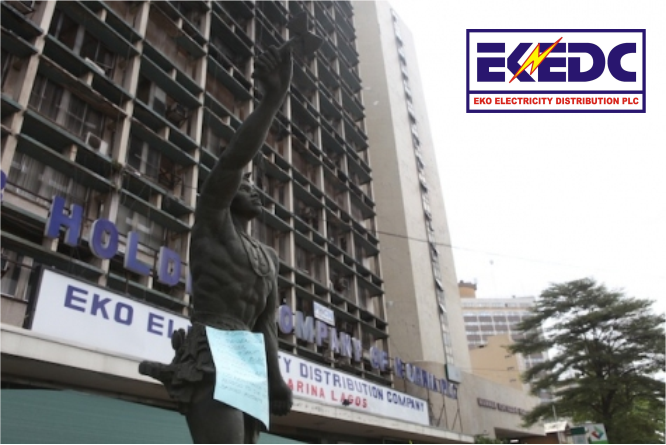The House of Representatives has approved a $347 million loan request from President Bola Tinubu to support ongoing national infrastructure projects, including the Lagos-Calabar Coastal Highway.
The approval was granted during Wednesday’s plenary session after Speaker Tajudeen Abbas read the President’s correspondence to lawmakers in the Green Chamber.
According to President Tinubu, the additional loan is necessary due to a $47 million increase in the total cost of the Lagos-Calabar Coastal Highway project, which has risen from $700 million to $747 million.
“It is, therefore, necessary to increase the value of the financing for the project by $47m to ensure it aligns with the loan size agreed in the finance documents for the project,” the President stated.
He explained that when the borrowing plan was initially submitted to the National Assembly, the lead arranger had only secured $700 million in commitments. The financing gap, he said, was later filled through export credit agencies.
In addition to the coastal highway, $300 million from the loan will be directed to the Nigerian Universal Communications Access Project. This telecommunications initiative aims to bridge the digital divide by deploying 7,000 telecommunications towers across remote rural areas.
With the additional $347 million, the total amount under the 2025–2026 borrowing plan rises from $21.54 billion to $21.89 billion.
It will be recalled that in May, the President had requested approval for a borrowing plan totaling $21.54 billion, €2.19 billion, and ¥15 billion, alongside a €65 million grant.
During the plenary, the House adopted a report presented by Abubakar Nalaraba, Nasarawa lawmaker and Chairman of the House Committee on Aids, Loans and Debt Management.
The lawmaker emphasized that despite the increased borrowing, Nigeria’s debt profile remains within acceptable global standards.
“At over N145tn, the debt-to-GDP ratio of about 50 per cent is within the international threshold (56 per cent),” he said.
He also noted improvements in the country’s fiscal sustainability. “The current administration has succeeded in reducing the high debt service to revenue ratio from over 90 per cent to less than 70 per cent.”
Nalaraba added that the Federal Government’s ability to manage the new loans is supported by expected gains from the Nigerian Tax Act 2025. According to him, revenue is projected to grow by more than 18 per cent annually starting in 2026.
The Deputy Speaker, Benjamin Kalu, who presided over the remainder of the session, formally approved the request after the Speaker exited the plenary midway.











